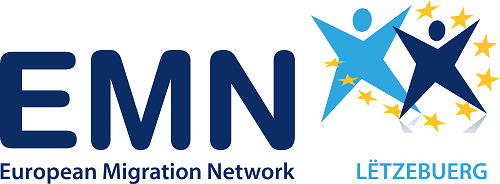This summary was prepared on the basis of national contributions from 25 EMN NCPs collected via an AHQ developed by the EMN NCPs to ensure, to the extent possible, comparability. The information contained in this inform refers to the situation in the abovementioned EMN Member and Observer Countries up to March 2025.
Almost all responding European Migration Network (EMN) Member Countries and Serbia provide support measures at national level to help migrant children to adapt to the different cultural environment in primary and secondary school, although not all offers are exclusively designed for legally staying third-country nationals.
The most common measure is support to learn the local language(s). Another common support measure is preparatory, bridging or transition classes. Psychosocial support is provided to help migrant children adjusting to a different education environment. Another frequent support measure is involving parents as key reference persons to help migrant children to adapt to the educational environment of the host country.
The majority of responding EMN Member Countries and Serbia implement targeted measures to enhance teachers’ intercultural and psychosocial competencies to support migrant children. The most frequent intervention is teacher training. Another common approach is to provide specific educational materials. Cyprus, France and Greece have also launched networks to promote exchanges of information and experience.
Only Finland, Luxembourg and Spain specifically monitor the level of academic performance of migrant children compared to local children school at national level.
Challenges reported include language barriers, differences in education systems, a lack of teachers qualified to teach in bilingual or multilingual classrooms, insufficient consideration of the specific needs of migrant children, a growing trend of marginalisation of migrant children, as well as administrative barriers. The reported consequences of these challenges include poor attendance and higher dropout rates among migrant children.
Good practices identified relate to the provision of language training, teacher training, active involvement of parents and caregivers in children’s education, and the appointment of legally staying third-country nationals as teachers or support staff.
For further information, please read the Summary attached below.

